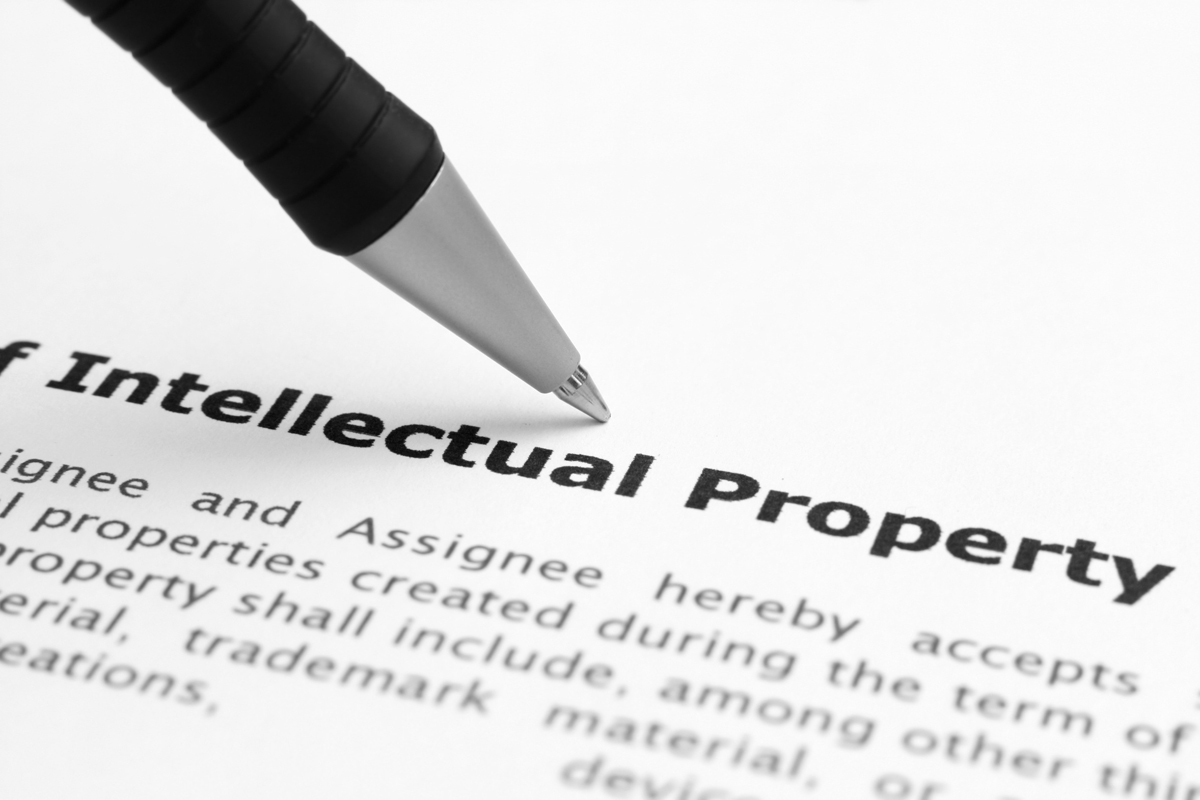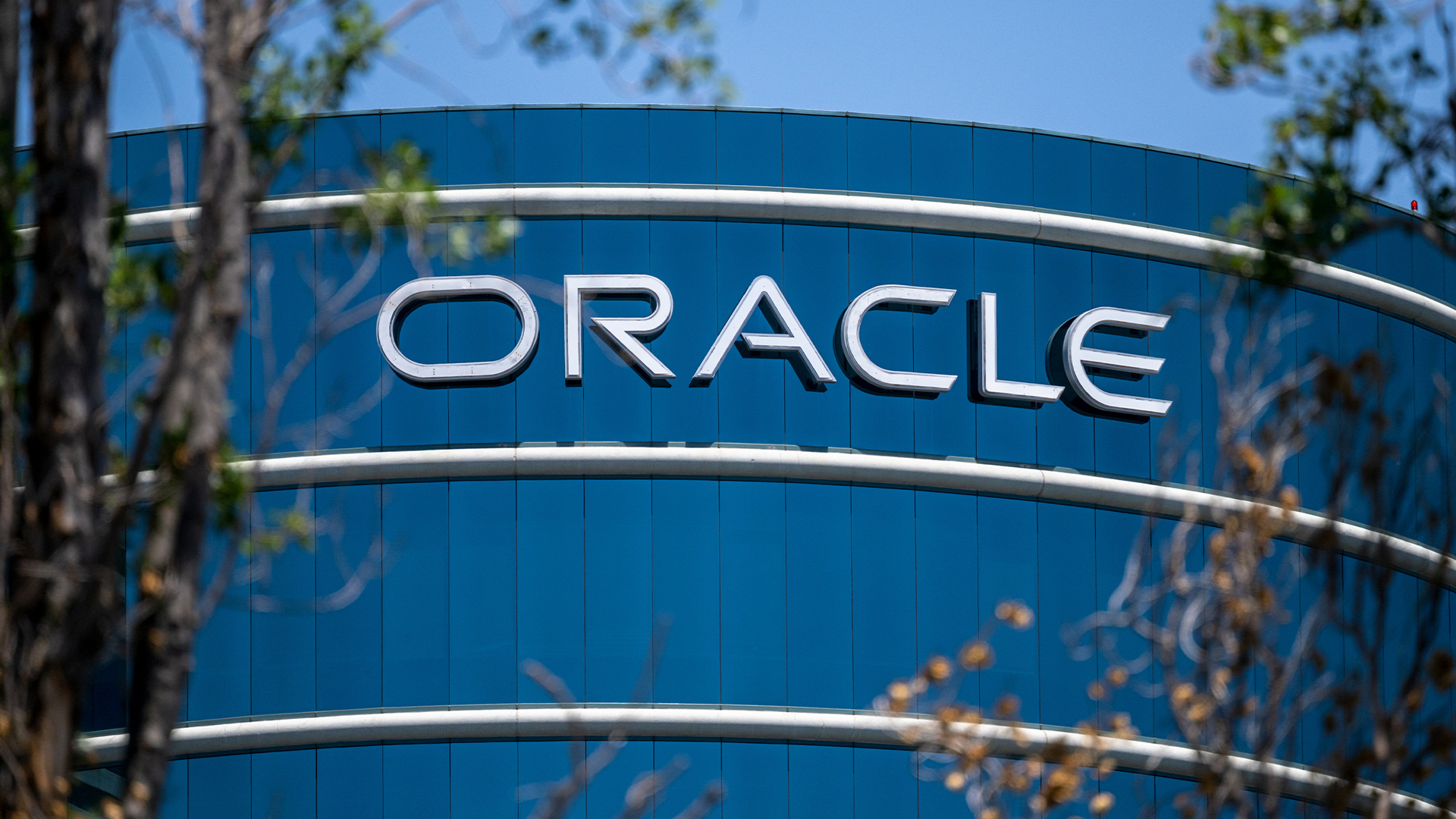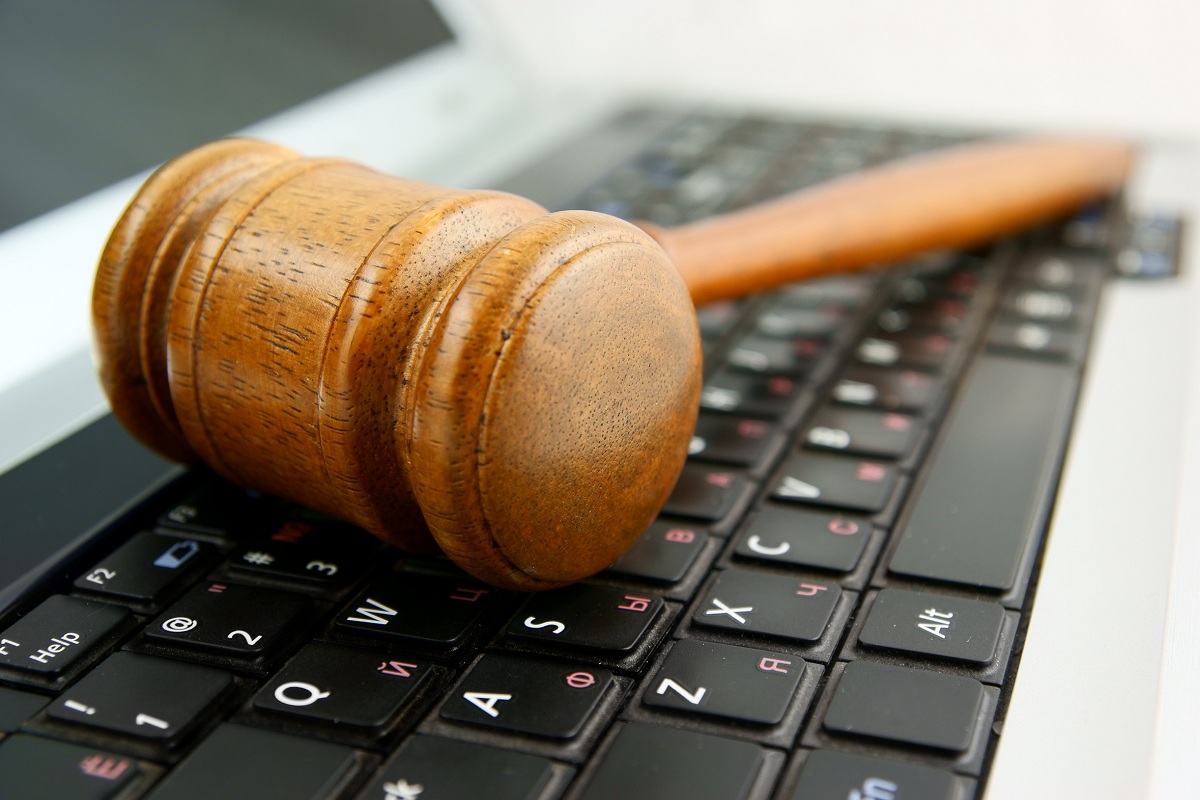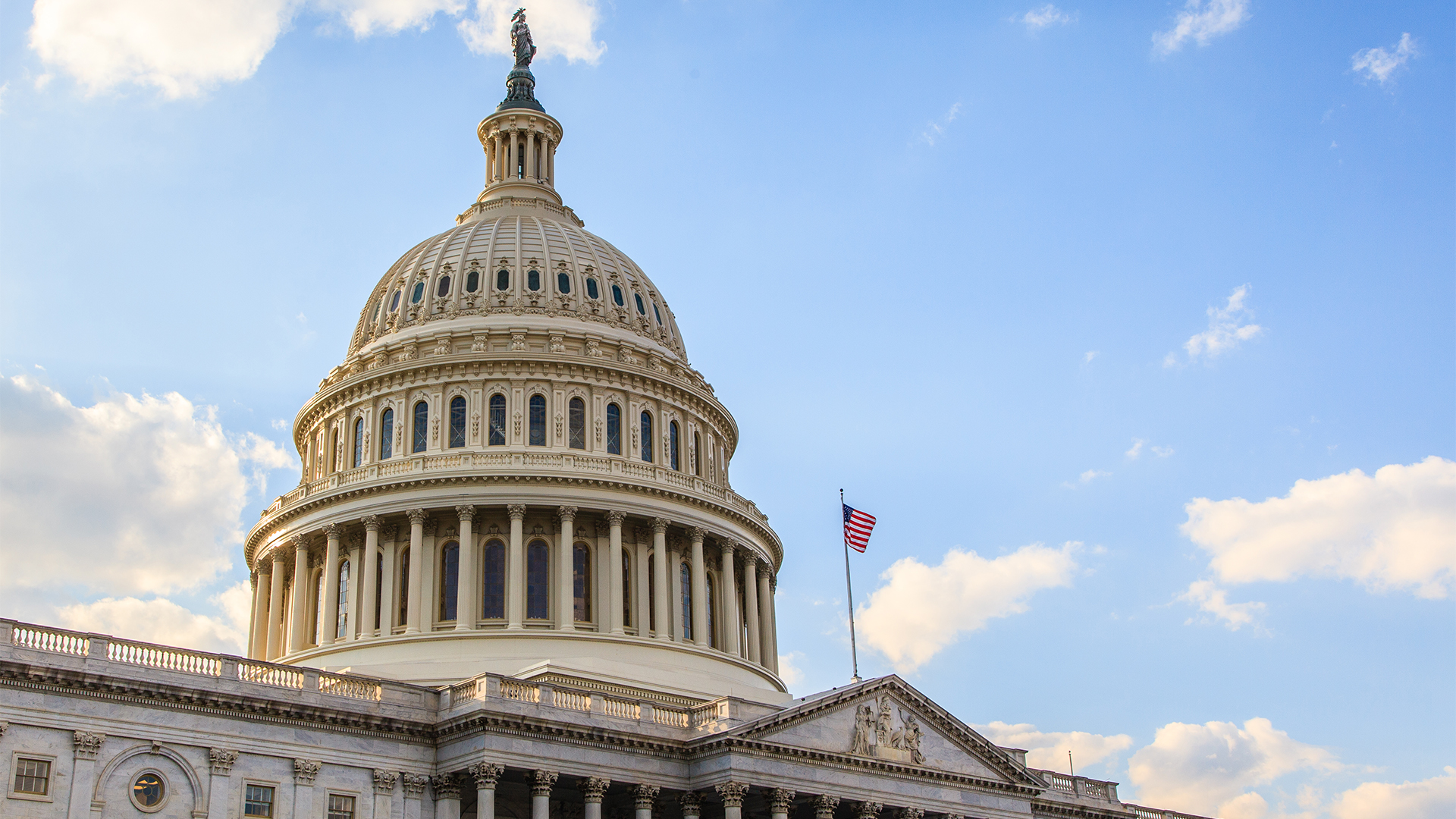ACTA: the basics, the controversies, and the future
At the end of January, 22 countries signed up to ACTA. But what is it, and how will it be affecting you? Simon Brew has been finding out.

Sign up today and you will receive a free copy of our Future Focus 2025 report - the leading guidance on AI, cybersecurity and other IT challenges as per 700+ senior executives
You are now subscribed
Your newsletter sign-up was successful
It's not just the content of ACTA that's caused concern, though. The manner in which it has been put together has resulted in loud complaints. Most of the negotiations, for example, have been done behind closed doors, and to this stage, the citizens of the 22 countries that have signed up to date have not been able to scrutinise it and register any form of protest.
For businesses, many would hope that their copyrighted work would be afforded an extra level of protection, although whether that proves to be the case is debatable.
As Kader Arif said when he quit his post: "I have faced never-before-seen manoeuvres from the right wing of this Parliament to impose a rushed calendar before public opinion could be alerted, thus depriving the Parliament of its right to expression and of the tools at its disposal to convey citizens' legitimate demands".
Whilst the public at large hasn't been consulted, though, a 2009 freedom of information request revealed that Time Warner, eBay, Google, Dell and Sony Pictures were amongst those who had been sent a draft of the agreement. Furthermore, a year before that, a discussion paper had been sent to Wikileaks, which published it. An official draft was eventually published in 2010.
Impact?
So how will it affect users, and how will it affect business? Both good questions, but both without a definitive answer. Right now, ACTA moves onto the next stage in its life, where the European Parliament has to ratify it.
Assuming that it leaves the text pretty much in tact, and that individual nations adopt the agreement (which in itself it no given), then its overall impact is still variable. For businesses, many would hope that their copyrighted work would be afforded an extra level of protection, although whether that proves to be the case is debatable. However, for those whose businesses have been damaged by piracy to some degree, the thinking is that there is at least some recourse here.
Sign up today and you will receive a free copy of our Future Focus 2025 report - the leading guidance on AI, cybersecurity and other IT challenges as per 700+ senior executives
-
 PayPal poaches HP’s Enrique Lores in surprise CEO appointment
PayPal poaches HP’s Enrique Lores in surprise CEO appointmentNews The veteran tech executive will lead the payments giant into its next growth phase amid mounting industry challenges
-
 Oracle targets financial services gains with new agentic AI suite
Oracle targets financial services gains with new agentic AI suiteNews The cloud giant has unveiled a new series of agents for retail banking providers
-
 European Commission approves data flows with UK for another six years
European Commission approves data flows with UK for another six yearsNews The European Commission says the UK can have seamless data flows for another six years despite recent rule changes
-
 Google drops cloud complaint against Microsoft
Google drops cloud complaint against MicrosoftNews Anticompetitive concerns aren't gone, but Google is leaving the battle to the EC instead
-
 Three things you need to know about the EU Data Act ahead of this week's big compliance deadline
Three things you need to know about the EU Data Act ahead of this week's big compliance deadlineNews A host of key provisions in the EU Data Act will come into effect on 12 September, and there’s a lot for businesses to unpack.
-
 The second enforcement deadline for the EU AI Act is approaching – here’s what businesses need to know about the General-Purpose AI Code of Practice
The second enforcement deadline for the EU AI Act is approaching – here’s what businesses need to know about the General-Purpose AI Code of PracticeNews General-purpose AI model providers will face heightened scrutiny
-
 Meta isn’t playing ball with the EU on the AI Act
Meta isn’t playing ball with the EU on the AI ActNews Europe is 'heading down the wrong path on AI', according to Meta, with the company accusing the EU of overreach
-
 ‘Confusing for developers and bad for users’: Apple launches appeal over ‘unprecedented’ EU fine
‘Confusing for developers and bad for users’: Apple launches appeal over ‘unprecedented’ EU fineNews Apple is pushing back against new app store rules imposed by the European Commission, suggesting a €500m fine is a step too far.
-
 A decade-long ban on AI laws is a “terrible idea” for everyone but big tech, critics claim
A decade-long ban on AI laws is a “terrible idea” for everyone but big tech, critics claimNews A proposed decade-long ban on US states implementing AI laws is a "terrible idea" that highlights the scale of big tech lobbying, according to critics.
-
 Apple, Meta hit back at EU after landmark DMA fines
Apple, Meta hit back at EU after landmark DMA finesNews The European Commission has issued its first penalties under the EU Digital Markets Act (DMA), fining Apple €500 million and Meta €200m.